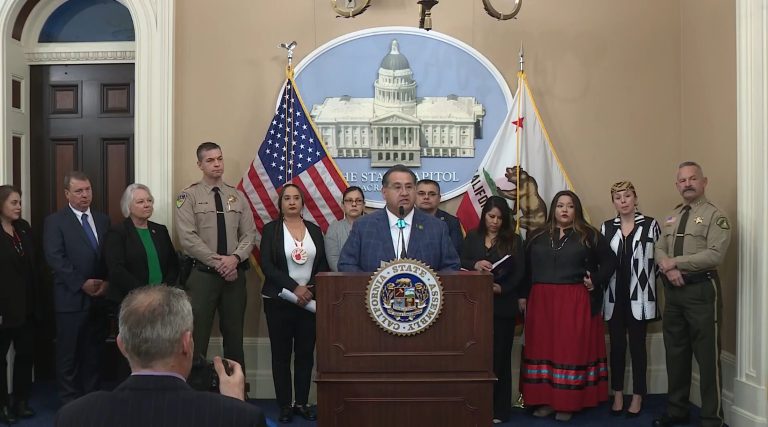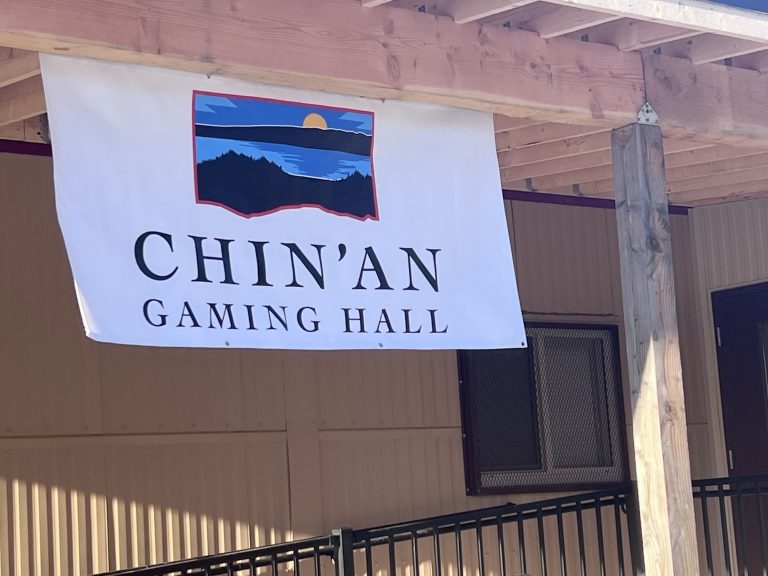Podcast: Play in new window | Download | Embed
Native leaders and Leonard Peltier’s attorney say they’re continuing to advocate for his release from prison and plan to increase awareness efforts of their calls for freedom ahead of a possible July 11 parole board decision.
Peltier had a parole hearing on Monday.
The 79-year-old has spent most of his life in prison.
He was convicted in the 1975 killings of two FBI agents on the Pine Ridge Reservation in South Dakota.
Peltier has long maintained his innocence.
Nick Tilsen, president and CEO of NDN Collective, was one of two witnesses to testify at the parole hearing.
Tilsen says NDN Collective has been advocating for his release and has been working on reentry plans including securing a house for Peltier in North Dakota.
Tilsen says at the parole hearing he testified about reentry plans and what Peltier’s release would mean for Indian Country.
His testimony included Native American history – boarding schools, religious freedom, and other Native rights.
“When we think about Leonard’s struggle, I told them, Indigenous people, oppressed people everywhere, see a little of their own struggle in Leonard. They see it. They align with it. They see a little of themselves in it.”
Additional testimony from Tilsen included the importance of Native language, culture and traditions.
The other person chosen to testify was a doctor. Peltier is said to be in failing health.
Kevin Sharp, Peltier’s attorney, says the efforts for release are being sought through three avenues – parole (through the parole board, which has 21 days/on or around July 11), executive clemency (through the president/White House), and compassionate release (through the Federal Bureau of Prisons).
“So, we’ve got all three of those avenues available to us and we’re gonna refile compassionate release and our clemency petition is pending.”
Sharp says plans are being made now ahead of the possible parole decision.
He says if parole is approved, an appeal is expected.
If that appeal is lost, then there will be a transition period of Peltier being moved to a medical facility.
Sharp says if parole is denied, the next step is to appeal, which could take years.
Sharp and Tilsen discussed Monday’s parole hearing, the possible decision, and next steps, during a Zoom meeting Tuesday. The meeting included other Native leaders and advocates.



